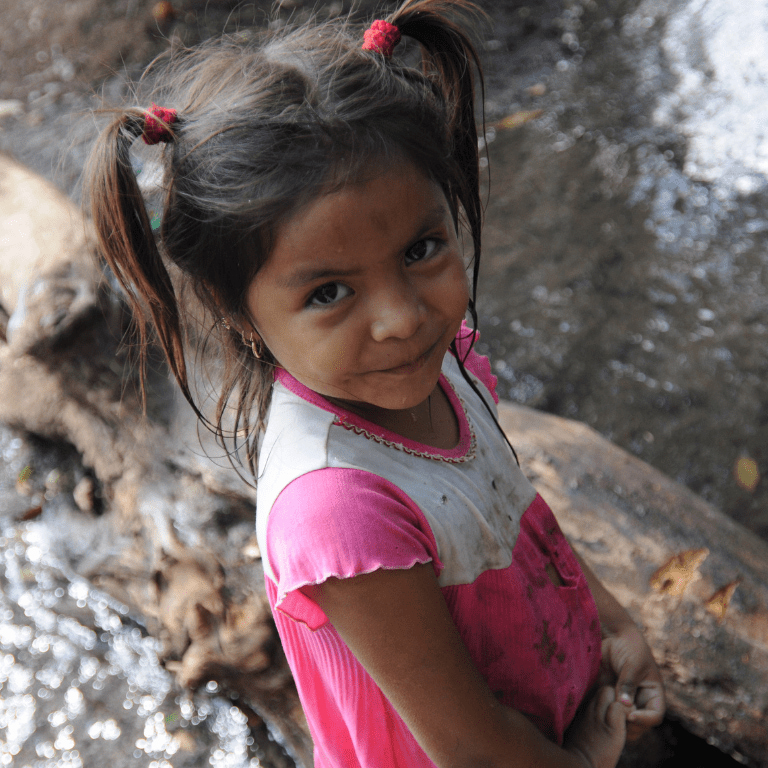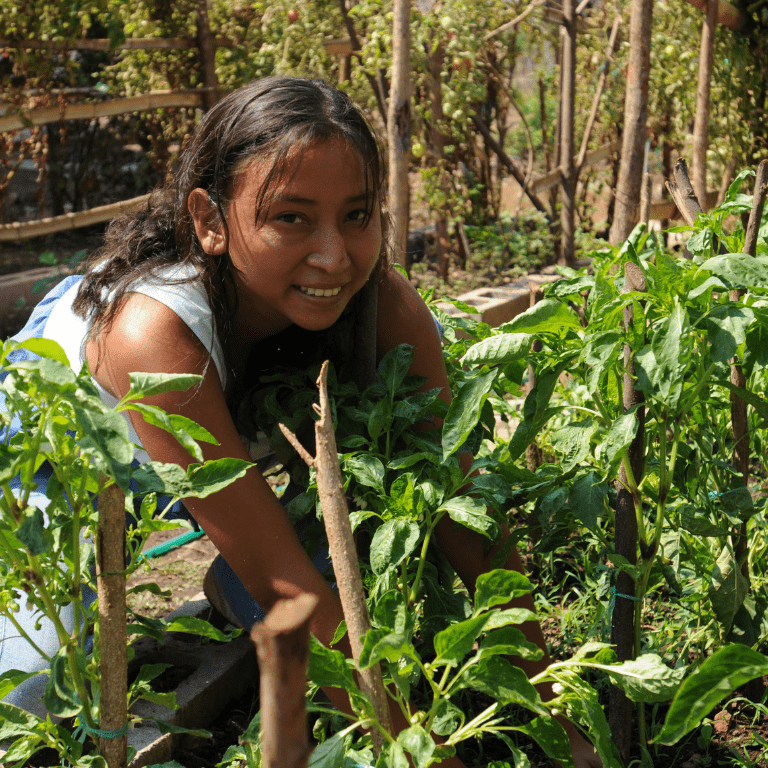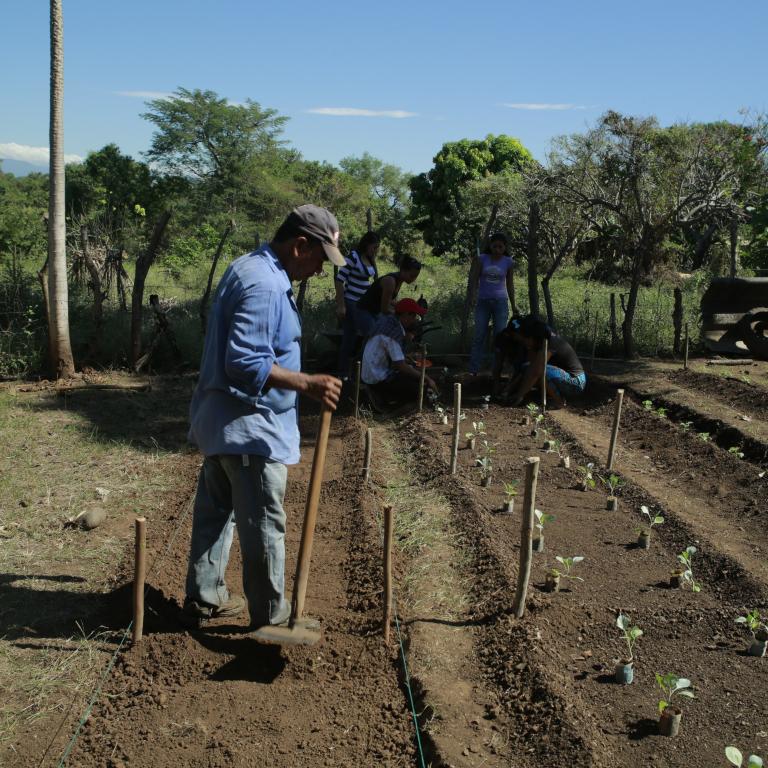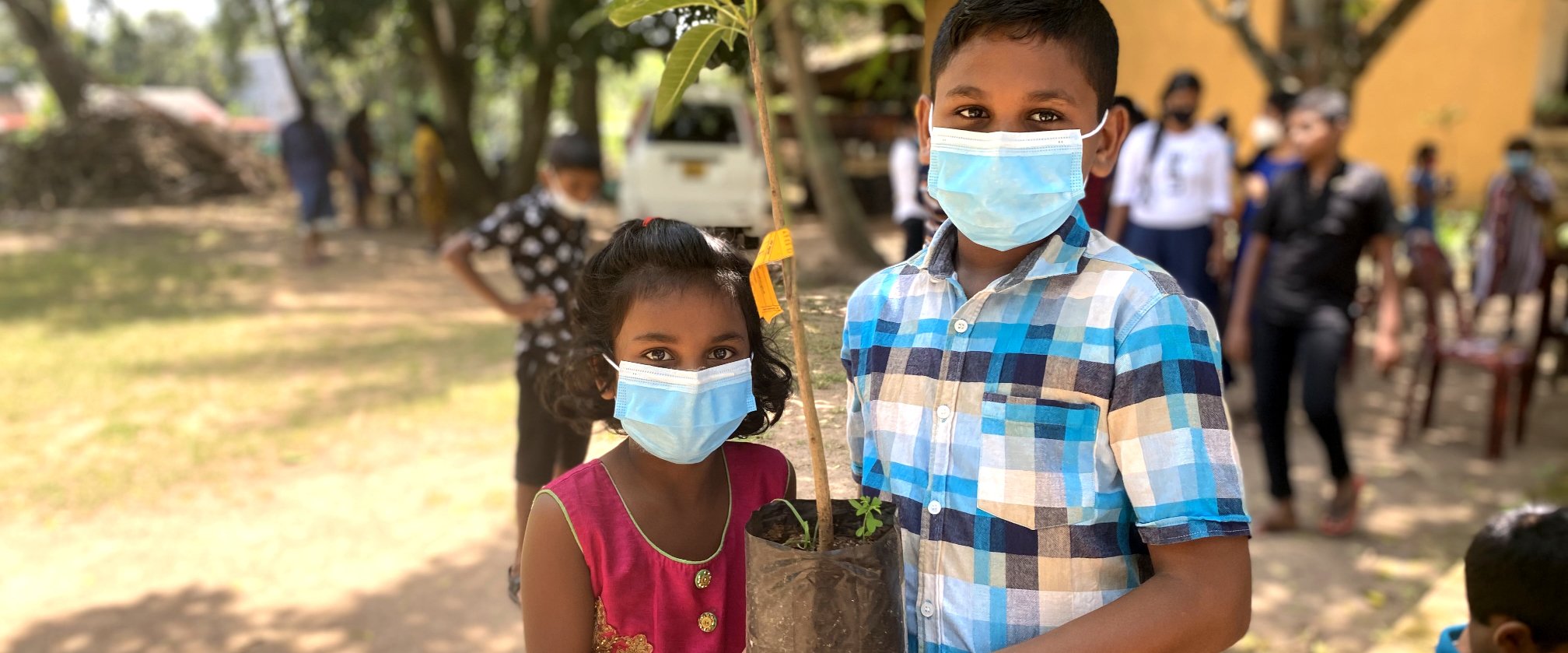
Our partner’s community-based health care and nutrition programs support and protect young children. The focus on early development is foundational for ensuring children reach key health and growth milestones.
Families receive preventative and curative medical and dental care, health promoter training and nutrition education. Additionally, families are encouraged to participate in savings and loan groups, which gives households financial stability.

Our partnership focuses on helping communities promote and protect the rights of women and children. Through trauma awareness and resilience programs in schools, youth learn to recognize the impact of trauma in their lives and communities, as well as how to break cycles of violence.

Together with the Diocese, we help families adapt to a changing climate. In addition to providing emergency food assistance in the wake of floods and hurricanes, the Diocese promotes food security through agricultural training, reforestation efforts, and planting fruit trees, vegetables and grains. These programs offer financial literacy and savings and loan groups to help families build stronger livelihoods.

